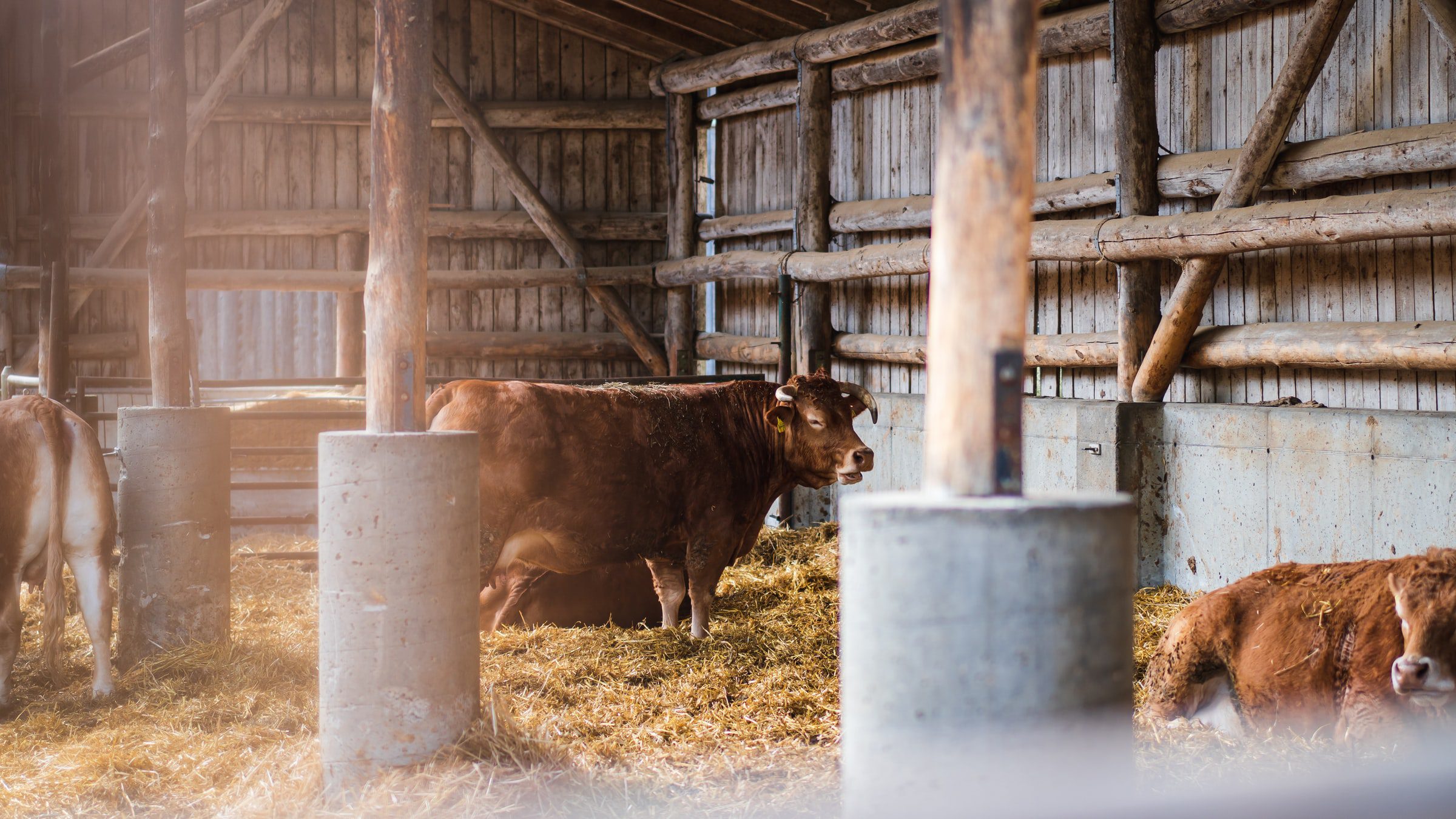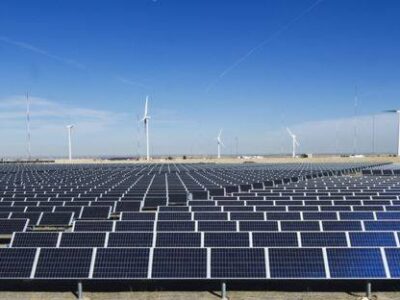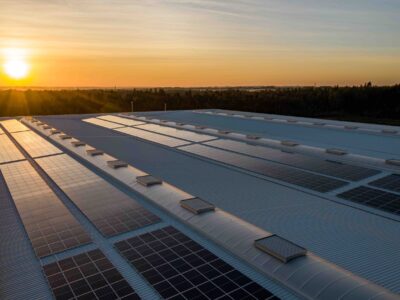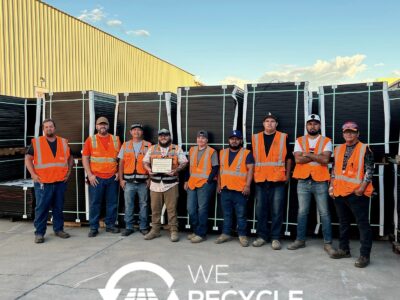A new facility in Arizona is capturing methane from cow manure and transforming it into renewable natural fuel. This new site, a partnership between Avolta, the Butterfield Dairy Farm, and Southwest Gas Holdings, Inc., is one of five set to open in the Grand Canyon State. The biogas reuse facility is one of 52 manure-based renewable natural gas sites in the United States, a statistic that underscores the positive impact of transitioning to this source to fuel cars and heat homes.
“The Butterfield facility will positively impact the environment while simultaneously providing benefits to the family farming operation,” said Avolta co-founder Gov Siegel.
The Butterfield farm has more than 25,000 cows producing manure. The manure is collected from the farm and taken to the Avolta facility where it is sealed underground. There, it essentially is digested in the earth until methane is created. That methane is then extracted via a pump, which leads to a nearby gas pipeline. The gas is thus completely removed from the atmosphere and repurposed into renewable fuel. Additionally, the process creates revenue streams for the facility, the natural gas provider, and the farm.
“Since our family began farming in 1620, we have continuously improved our operations and processes to remain competitive and be a good steward of the land. Most recently we designed Butterfield Dairy to be carbon neutral through managing our water to support crops and capture carbon dioxide,” said owner Tommy de Jong, Sr.
By turning manure into renewable energy, the farm and facility reduce emissions equivalent to taking 3,500 cars off the road every year. Though this is just a small portion of the energy produced in the state every year, Avolta plans more sites through Arizona, including the second site in partnership with the Milky Way Dairy Farm near Maricopa. Together, the Butterfield and Milky Way facilities are expected to generate more than a half-million thermal units of renewable energy annually.
Turning manure into renewable energy is a significant way to reduce greenhouse gas emissions. Methane is one of the most problematic greenhouse gas offenders, responsible for 10 percent of all emissions in the United States.
And cows are the number one agricultural offender worldwide. Arizona cattle operations such as Milky Way and Butterfield are setting a trend that is likely to become an essential and important part of cutting American emissions in half by 2050. Every year cows produce 220 pounds of methane, a by-product that will soon keep homes warm and cars and trucks on the road.





